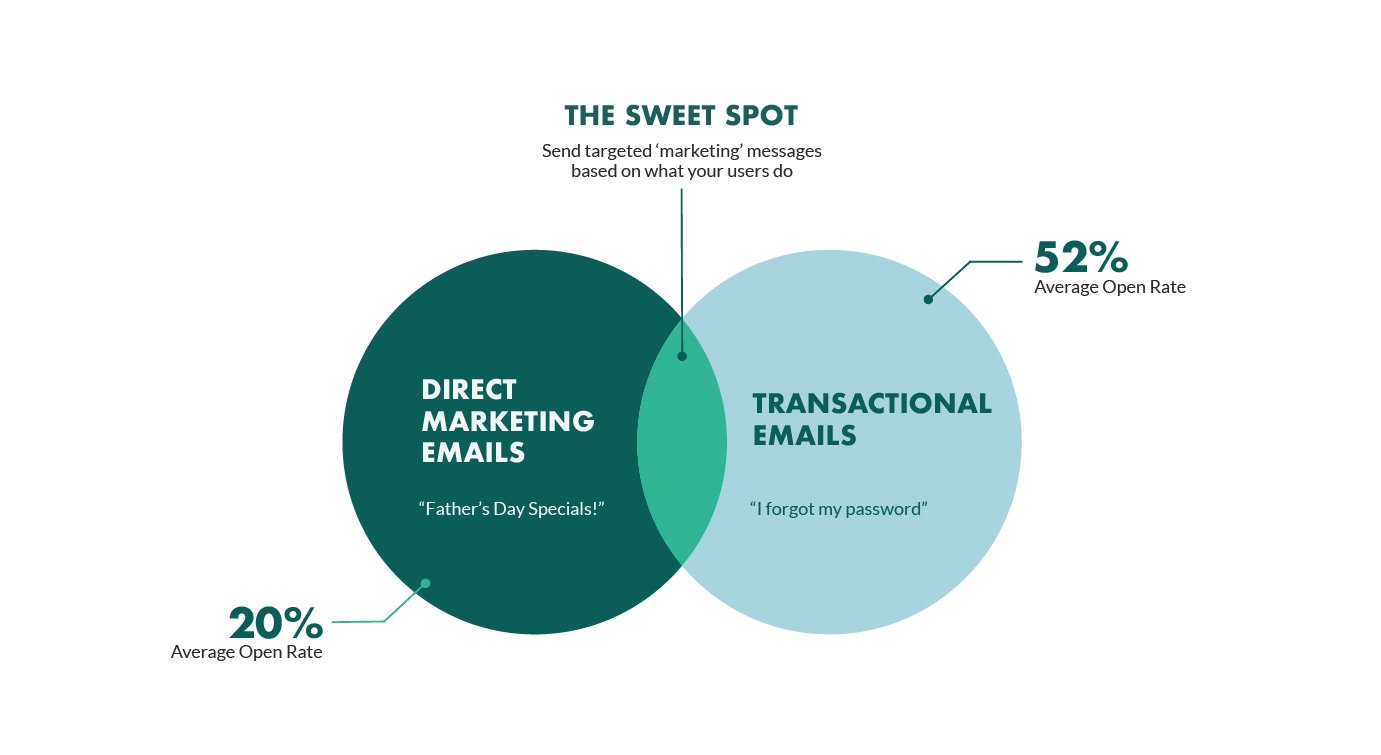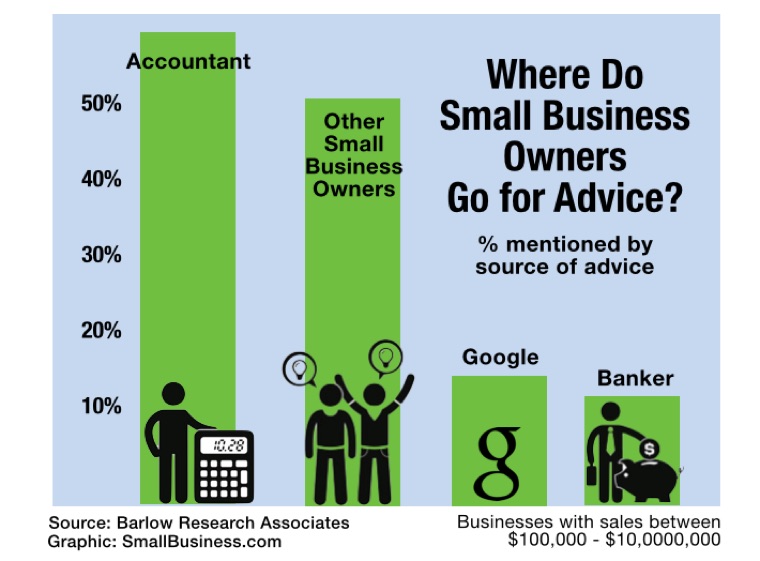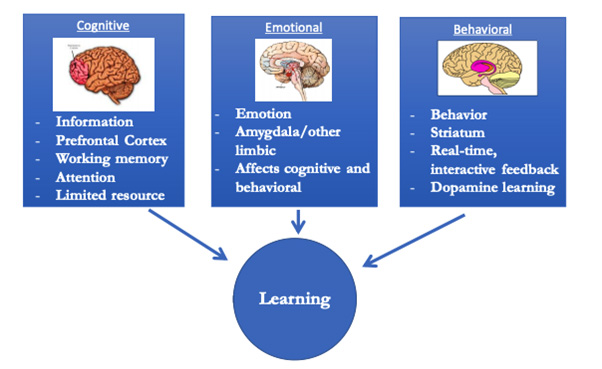
Malware is software with malicious intent and many effects on your computer. It can invade your computer, steal passwords, and take up storage space. Knowing to recognize if you have malware on your PC is vital for ensuring your safety. Follow these guidelines to protect yourself from infection.
Software designed with malicious intent
A malware infection may come in various forms, but it has one common objective: to harm your computer and your data. Once installed, the malicious software will attempt to gain unauthorized access to your computer.
Malware programs are difficult to remove using conventional methods, as they hide in system files and hidden folders. Because of this, they released a malware infection that may require reinstalling the operating system. In addition, these malicious programs collect personal information, including browsing habits, purchases, and even your computer’s IP address.
Penetrate your computer
There are many ways malware can infiltrate your computer. For example, it can enter through legitimate websites and advertisements, infected files, and unfamiliar software. Therefore, taking every precaution to protect your PC from malware is essential.
Fortunately, there are several ways to prevent malware attacks. You can protect your computer and personal information by keeping up with the latest threats and preventing infections before they happen. First and foremost, you should be aware of the various types of malware that can infect your computer. Malware is software designed to damage or disable your computer, network, or mobile device. It also interferes with the normal functioning of your system.
Eat up storage space
A malware infection can take up a large chunk of your computer’s storage space. It can also gather sensitive information, such as browsing history, passwords, client profiles, and other personal information. It can also cause your computer to run slowly, as malware will duplicate itself on your hard drive and consume a large amount of memory.
One of the first signs of malware infection is a sudden decrease in free storage space. In addition, malware will take over the processor power on your device, reducing its ability to perform other tasks. It will also download and install additional files and content, which is a sign of a malware infection, so you should first scan your computer for suspicious files and folders.
Steal passwords
Malware infection severely threatens your computer and your company’s security. It can destroy your files and render your computer unusable. Even worse, it can compromise the long-term safety of your company. Malware infections are also responsible for numerous data breaches. Over 1,000 data breaches have affected companies in various industries in the past year alone, many of which started with malware.
Delete programs and files
Malware is malicious software that infects your computer and can destroy your data. While millions of people fall victim to malware each year, very few are aware of this malicious software. Malware can damage your computer and your data by deleting programs and files. Fortunately, there are ways to prevent malware infections before they get out of hand.
Pop-up ads
Pop-up ads can be highly annoying, but they can also be dangerous. They may redirect you to a site that steals your personal information. Unless you are cautious, you may not even realize that you are clicking on one. In addition, malware infections often cause pop-ups by installing adware on your computer.
To get rid of pop-ups, you should use a pop-up removal tool. In addition, you can use a tool like System Mechanic to scan your computer and detect if it is infected. This software is free to download and install and offers a 30-day trial.
Encrypt data
Even though encrypted traffic is supposed to be secure, malware can still compromise data and steal confidential information. Hackers are continuously finding ways to circumvent security measures to compromise computers. Cybercrime will cost the global economy as much as 6 trillion dollars by 2021. Fortunately, there are ways to combat this growing threat.









































